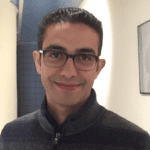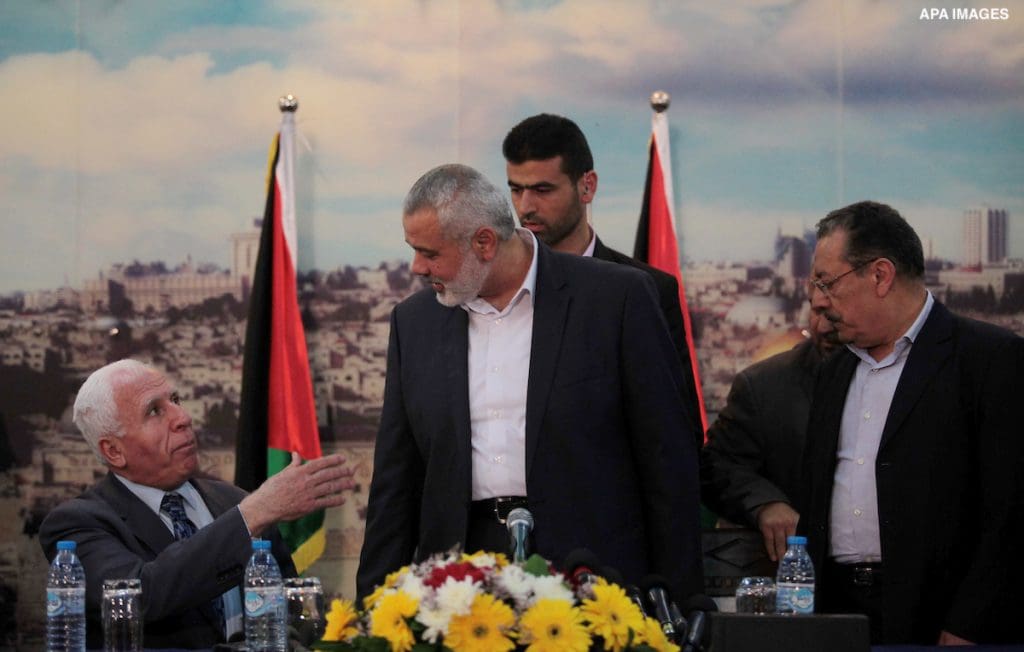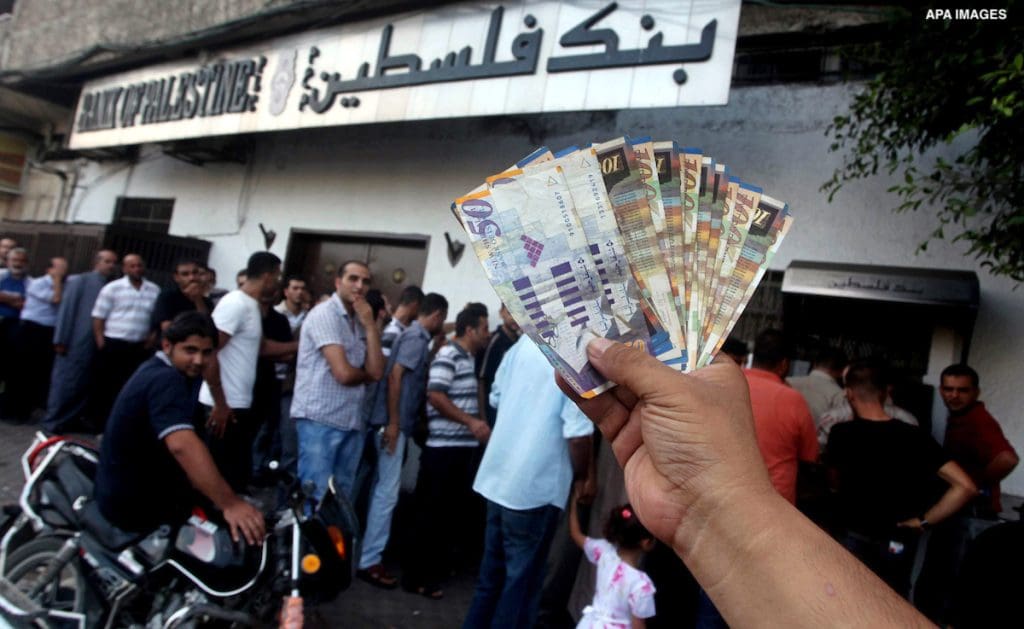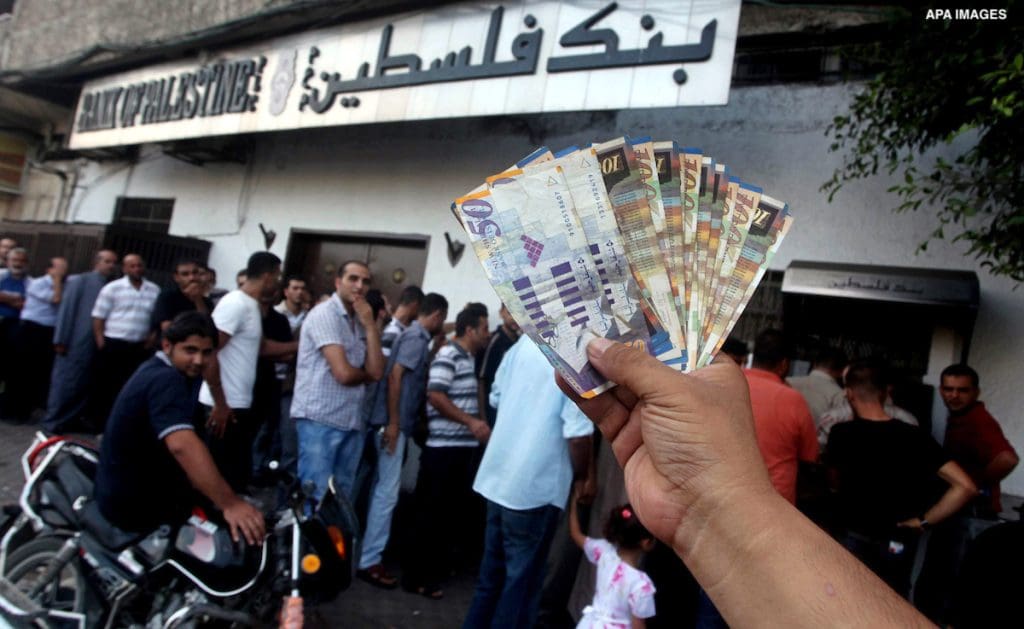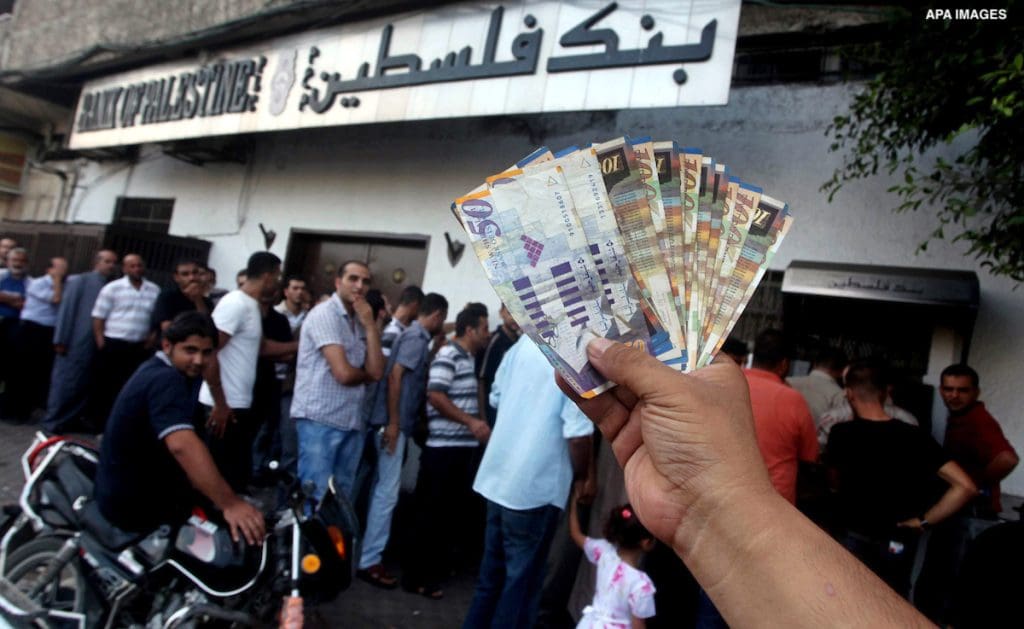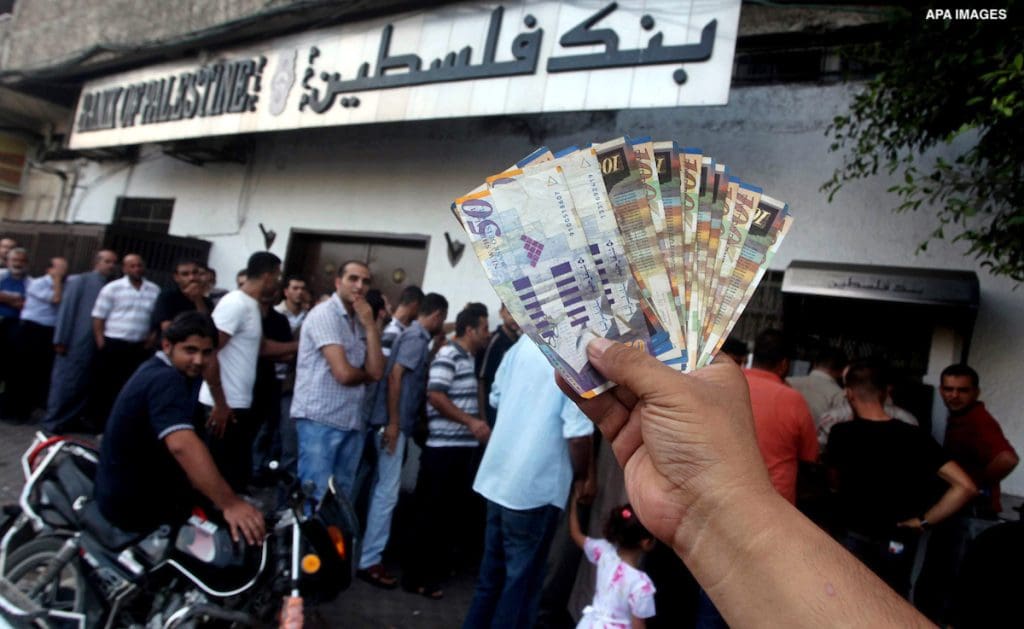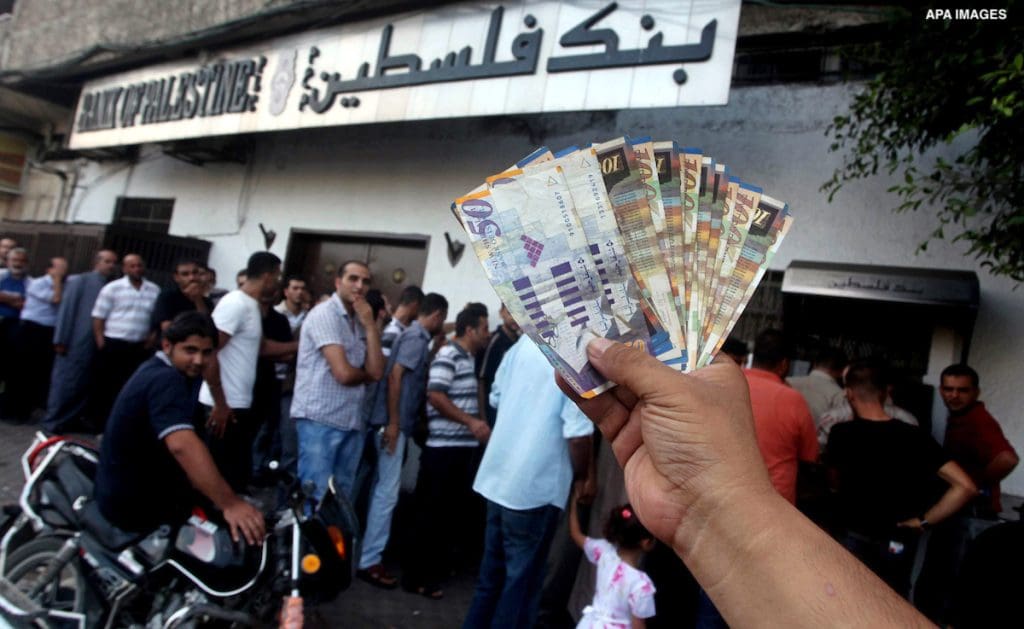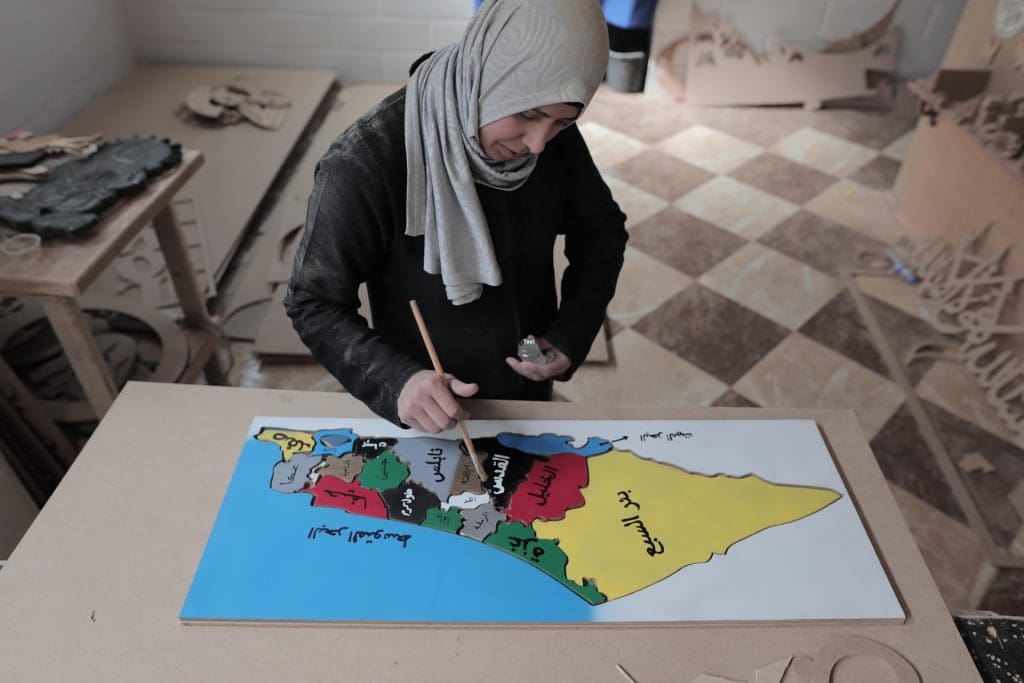Al-Shabaka Policy Member Tareq Sadeq is a Palestinian refugee from the village of Majdal Sadeq near Jaffa and currently lives in Ramallah. Tareq holds a Ph.D in economics from the University of Evry Val d’Essonne in France, where he was engaged in the Palestine solidarity movement and served as head of the General Union of Palestinian Students (GUPS). Currently, Tareq is assistant professor in the Department of Economics at Birzeit University. He has published on monetary policy, macroeconomics, econometrics, labour economics, income inequalities, and entrepreneurship. He is also a researcher in Palestine’s Global Entrepreneurship Monitor (GEM).
From this author
As the Israeli regime continues its genocidal campaign against Palestinians in Gaza, many have begun to weigh in on the future of Hamas and of Palestinian leadership more broadly once the bombardment ends. One of the dominant proposals is the revival of the Palestine Liberation Organization (PLO), with Hamas as a member party.
But revival of the PLO requires more than bringing Hamas into the fold, as the Fatah-controlled PA has effectively whittled down the PLO to a barren institution. What then, beyond inclusion, is needed in order to resuscitate the viability of the PLO? In an effort to strengthen the generative thinking around these questions, Al-Shabaka revisits a collection of its past works that sought to confront this very topic.
The concept of a localized resistance economy can unite communities around collective resistance. However, bridging the gap between different actors in different communities and across different social classes necessitates a larger framework.
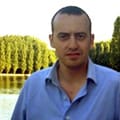
Tareq Sadeq· Nov 21, 2022
A new and democratic legislative council would require freeing the Palestinian economy from that of Israel’s. It would require adopting a participatory and transparent approach in the preparation of the annual general budget, and it would necessitate distribution of financial resources in accordance with the needs and aspirations of the Palestinian people.
Further analysis on this intersection is not available at this time.

Tareq Sadeq· Nov 21, 2022
The collapse of the PA would deepen the economic divide between the West Bank and Gaza, and would instantly put 140,000 public-sector employees out of work. The implications of this collapse cannot be overstated.

Tareq Sadeq· Nov 21, 2022
In light of the continuing decline of the productive sectors and dominance of the trade sector by corrupt Palestinian elite, middle-class workers are getting poorer, supplying their labor to the Israeli market or the trade sector. These workers are increasingly subjugated to the Israeli system of control, and will continue to be so long as the status quo persists.

Tareq Sadeq· Nov 21, 2022
With the PLO’s revival, the Palestinian economy would no longer be restricted to the West Bank and Gaza, but would also include Palestinian economic activity in 1948 territories and the diaspora.

Tareq Sadeq· Jun 13, 2022
What does Palestine’s future look like, and how would different political scenarios affect various sectors of Palestinian society? From the continuation of the status quo, to the dismantling of the Palestinian Authority, and to the revival of the Palestine Liberation Organization, there are a myriad of possible implications and consequences for the Palestinian economy, for security, governance, rule of law, and beyond.













